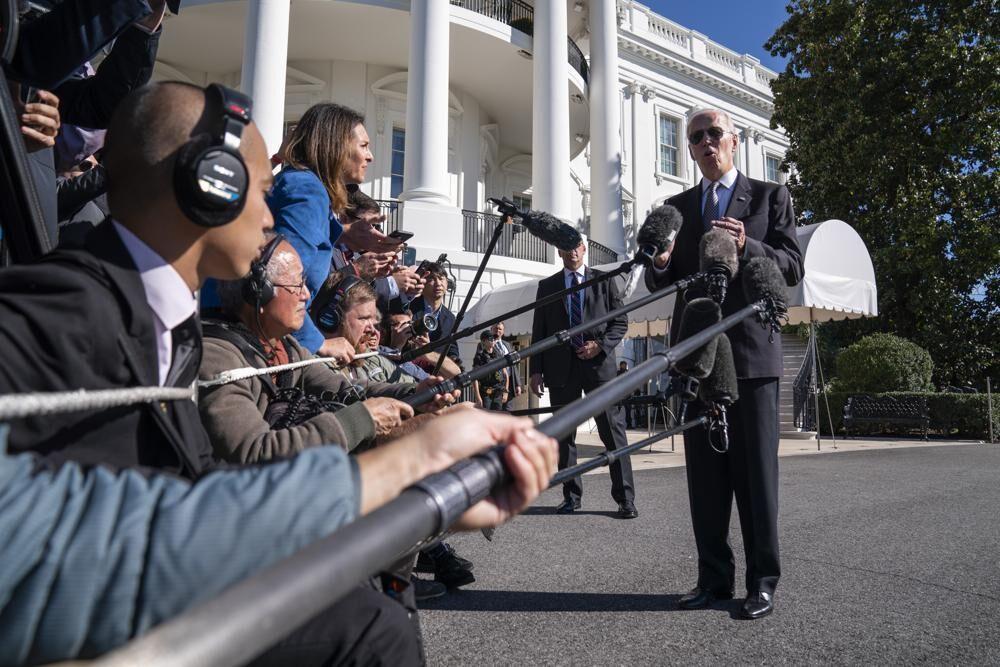President Joe Biden’s executive order to pardon marijuana possession offenders, while urging governors to do the same at the state level, has drawn criticism from some claiming that he’s trying to buy votes ahead of the midterm election.
This is a common argument used by whichever party is not in power at a given moment, meant to cast doubt on the true intentions of their rivals. The problem with this argument is that the intentions of the politician don’t matter as much as the impact. So long as the impact is what his constituency put him in office for, there should be no problem.
The term “buying votes” shouldn’t even refer to politicians doing what their people want them to do, it should refer to the impact of wealthy people who spend ungodly sums of money on elections.
Our current conception of the term “buying votes” is understood as when a politician does what they were elected to do around election time. This shouldn’t be looked at as a negative carrying-out the will of their voter base is what politicians are supposed to do.
No sane person would criticize a coach for trying to win games just because he’s due for a contract extension soon. Would they rather the coach sit idly by with his hands behind his back and wait to be fired?
Politicians get the entire term that they’re elected for to do what people put them there to do. Expecting them to effectively cut their time in office short because taking action near election time is “buying votes” is foolish.
The timing of actions may be intentional, but that’s part of what comes with the election. Any oppositional party that’s upset by an administration would be better suited by trying to win elections than complaining.
The vote-buying criticism is meaningless. It’s a term used cynically to attack any politician that dares to do their job near election time.
The opposition to this initiative is particularly troubling given the impact of this executive order. The order is a step towards recreational legalization, which is supported by 60% of Americans, according to Pew Research Center.
Popular policies being advanced is a welcomed change for an electorate whose views aren’t often reflected by the actions of the government.
According to a study done by Princeton University, public opinion has a “near zero” impact on public policy. The bottom 90% of earners have little to no statistical impact on legislation.
Money speaks far louder than citizens in elections—money from people who have stakes in high-earning industries like the for-profit prison industry. Such a person could reasonably expect a few favors from a politician after funding his entire campaign.
Those politicians would, consequently, be against any government action that would limit the number of people prisons can exploit as a labor base. They would oppose legislation that would free people who the majority of Americans don’t want in jail.
The vote-buying claims being levied against Biden are a weak attempt to preserve a morally dubious industry. Critics of Biden in this instance are using the most illogical political argument ever devised to perpetuate billionaire-backed modern-day slavery.
Frank Kidd is a 21-year-old mass communication junior from Springfield, Virginia.





